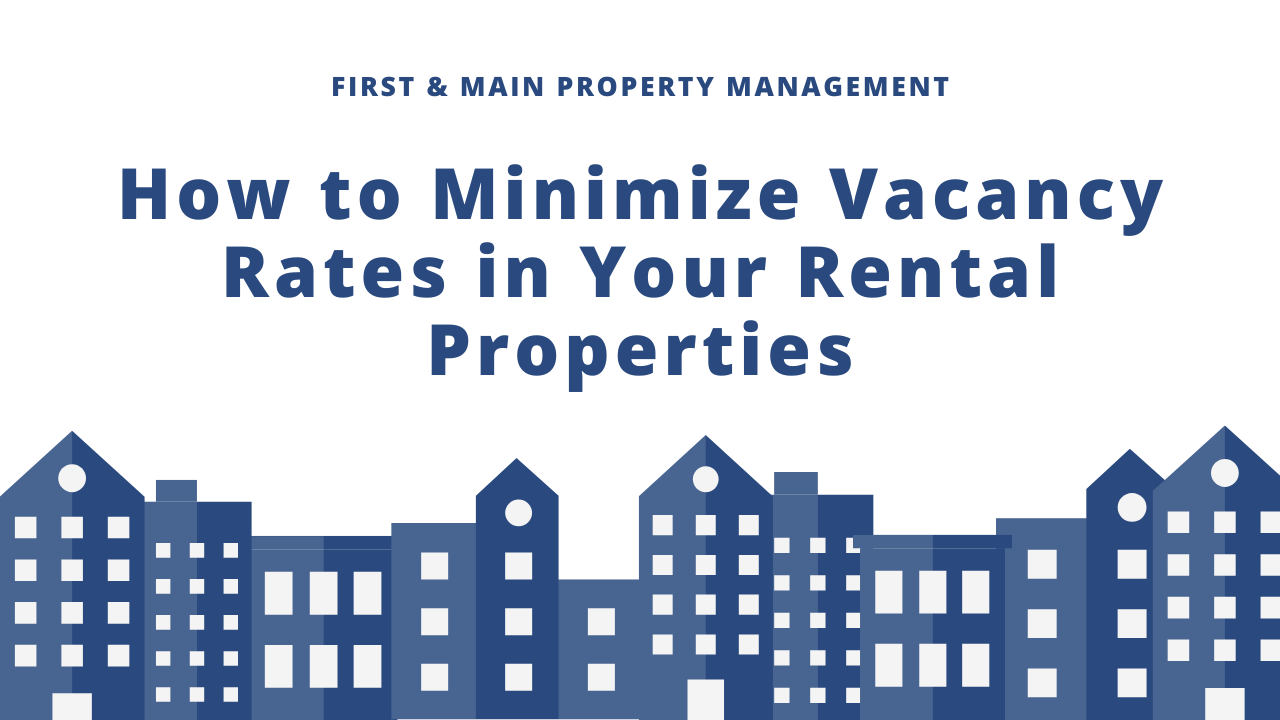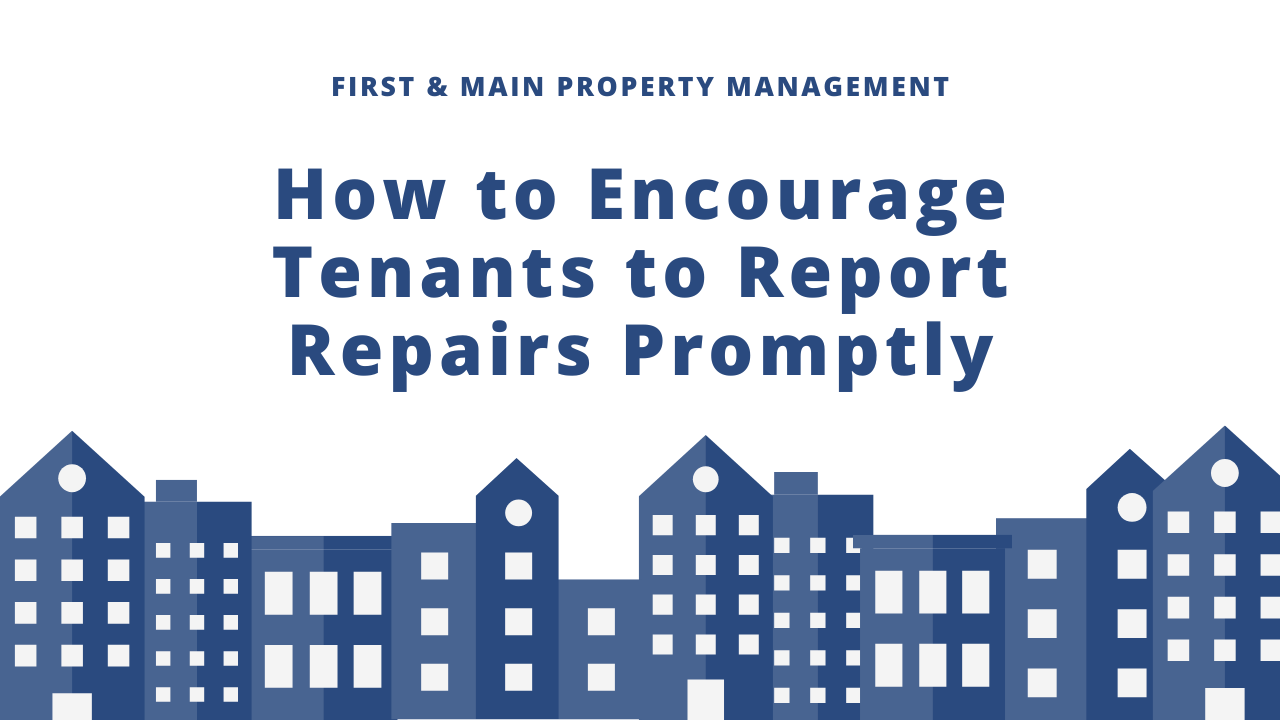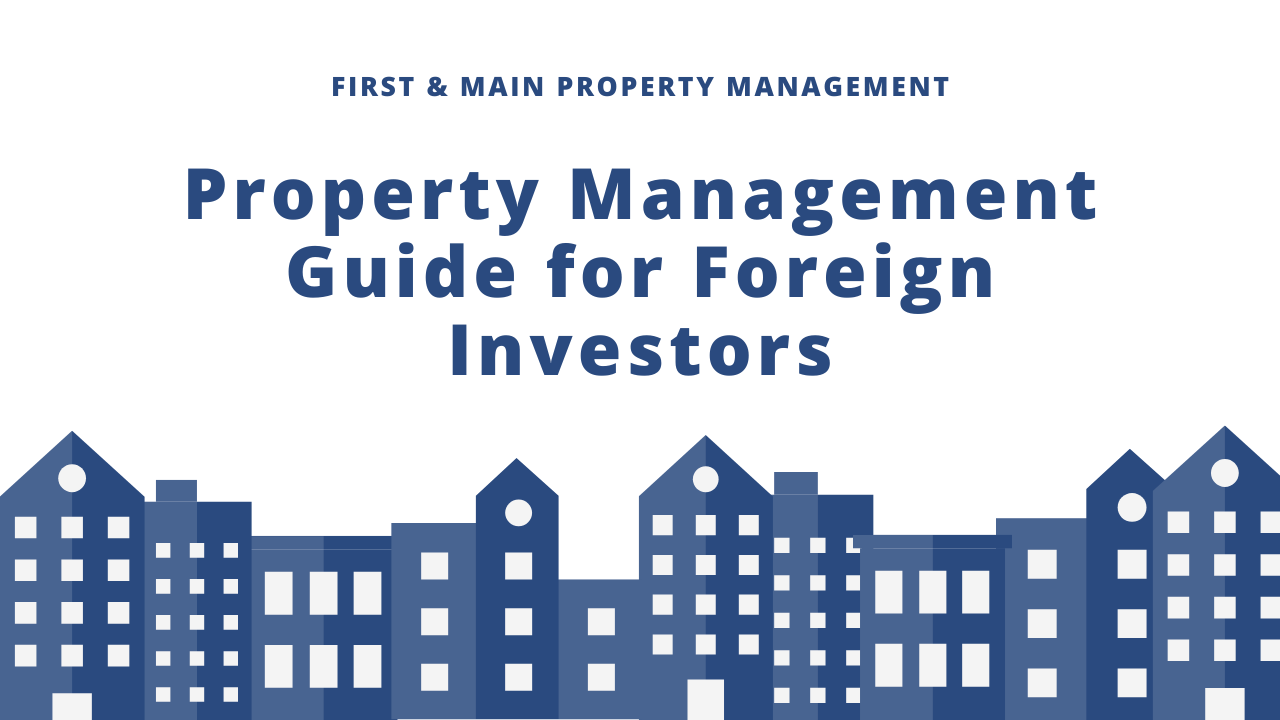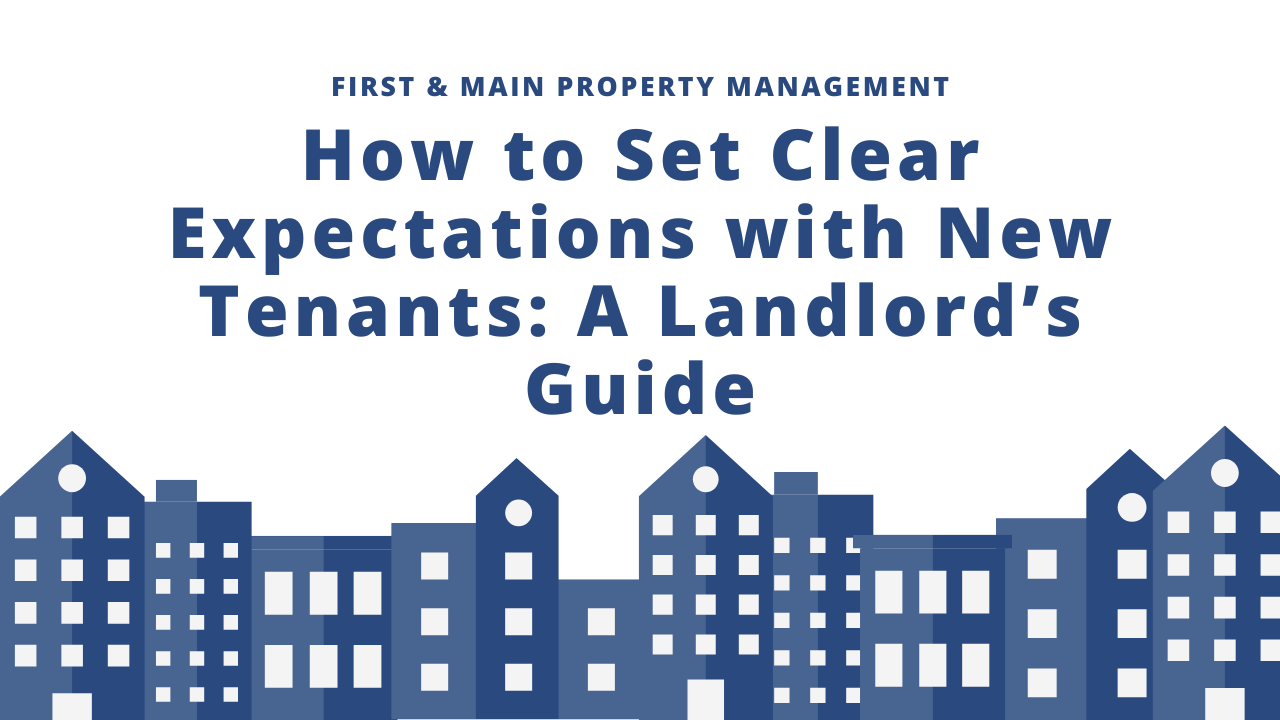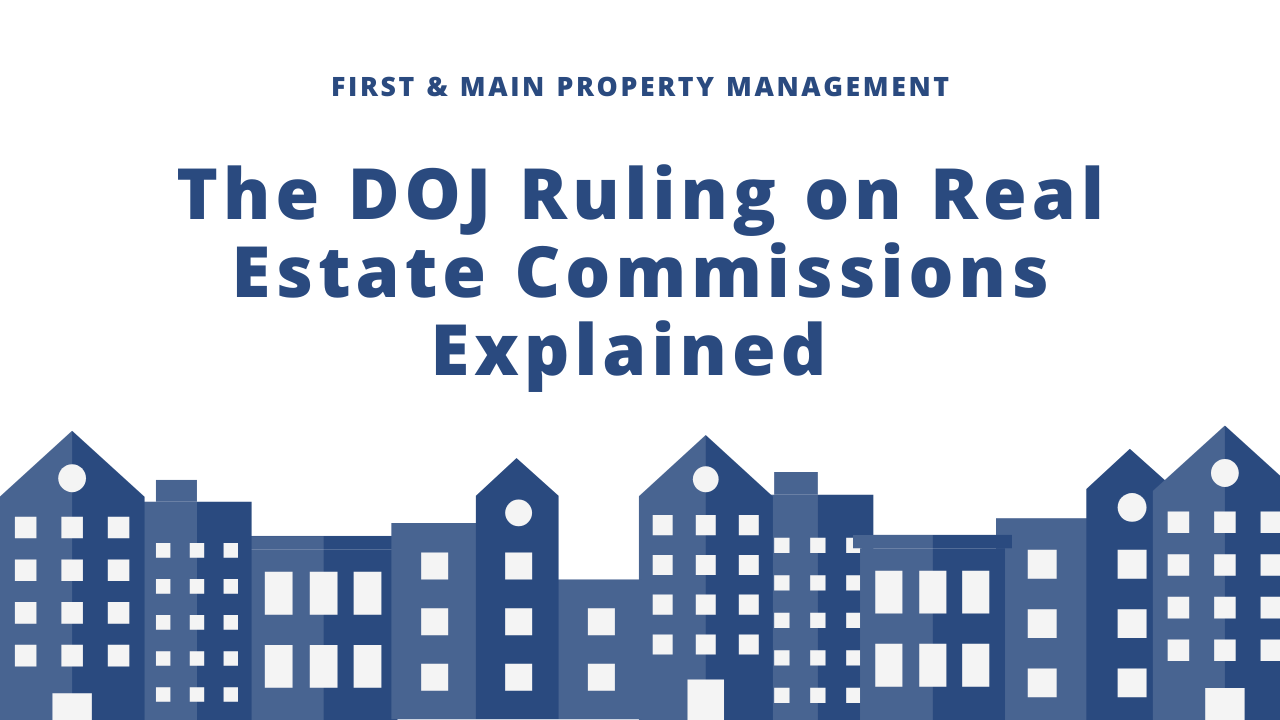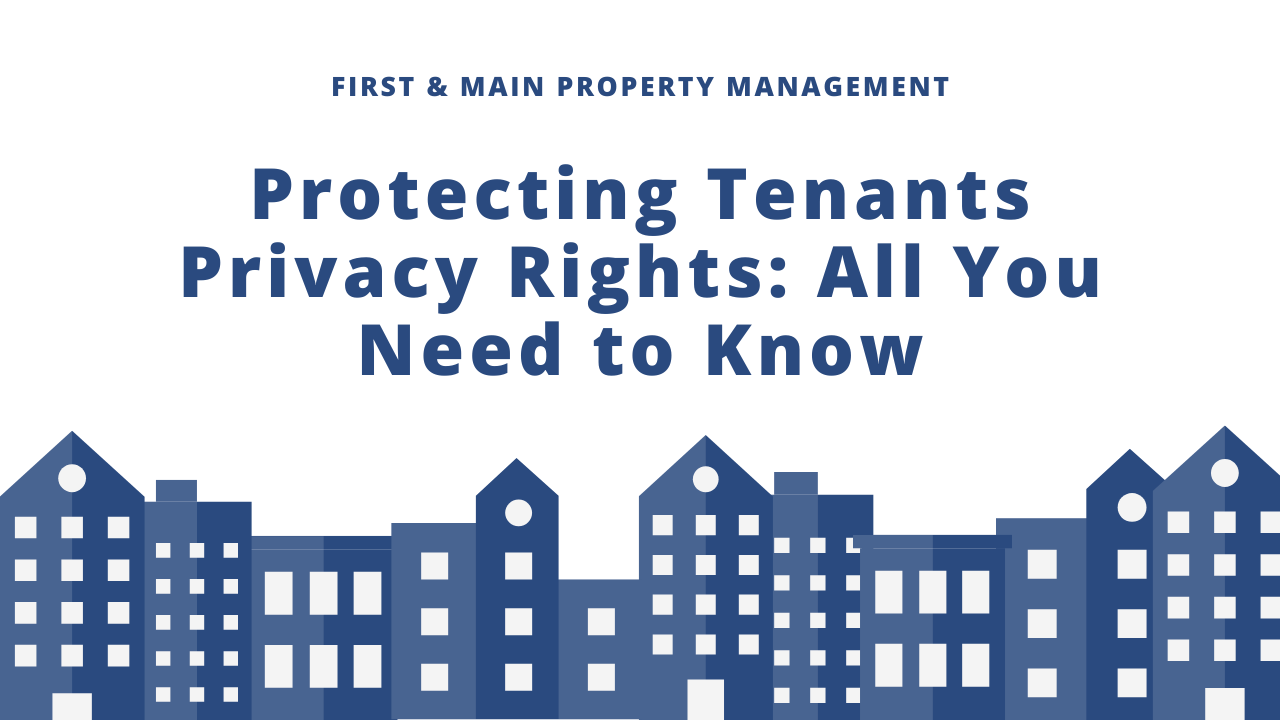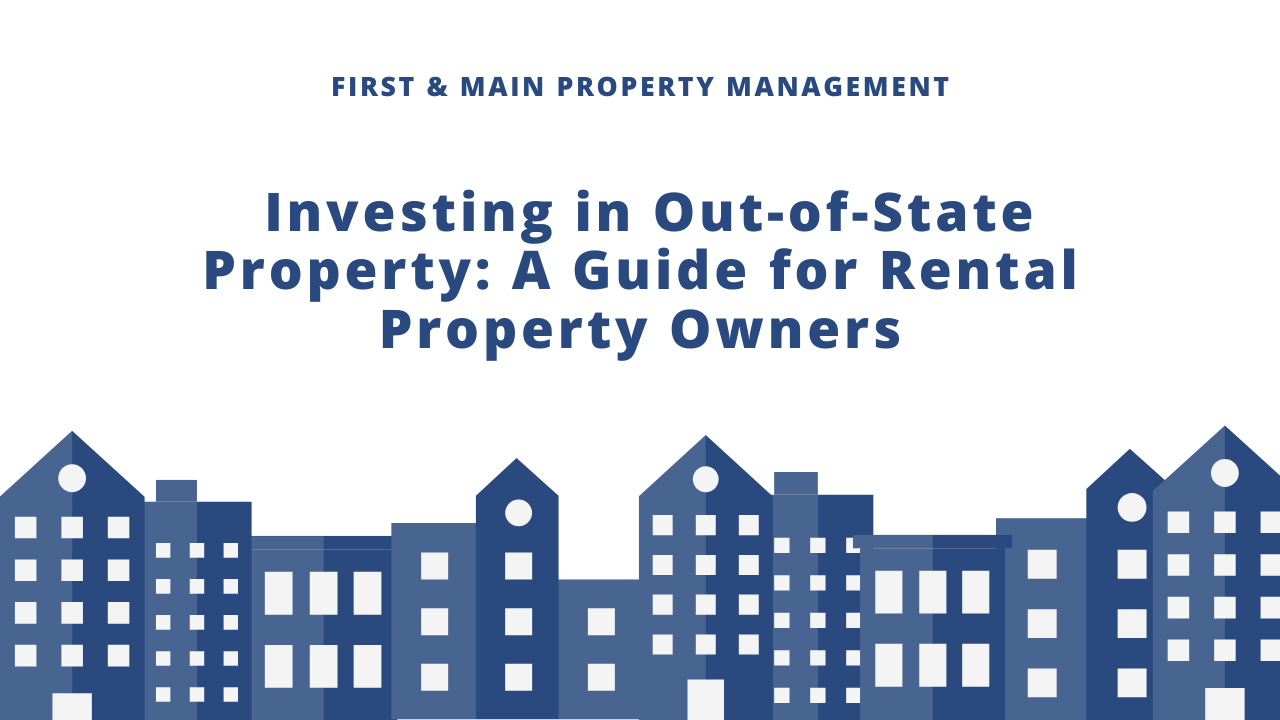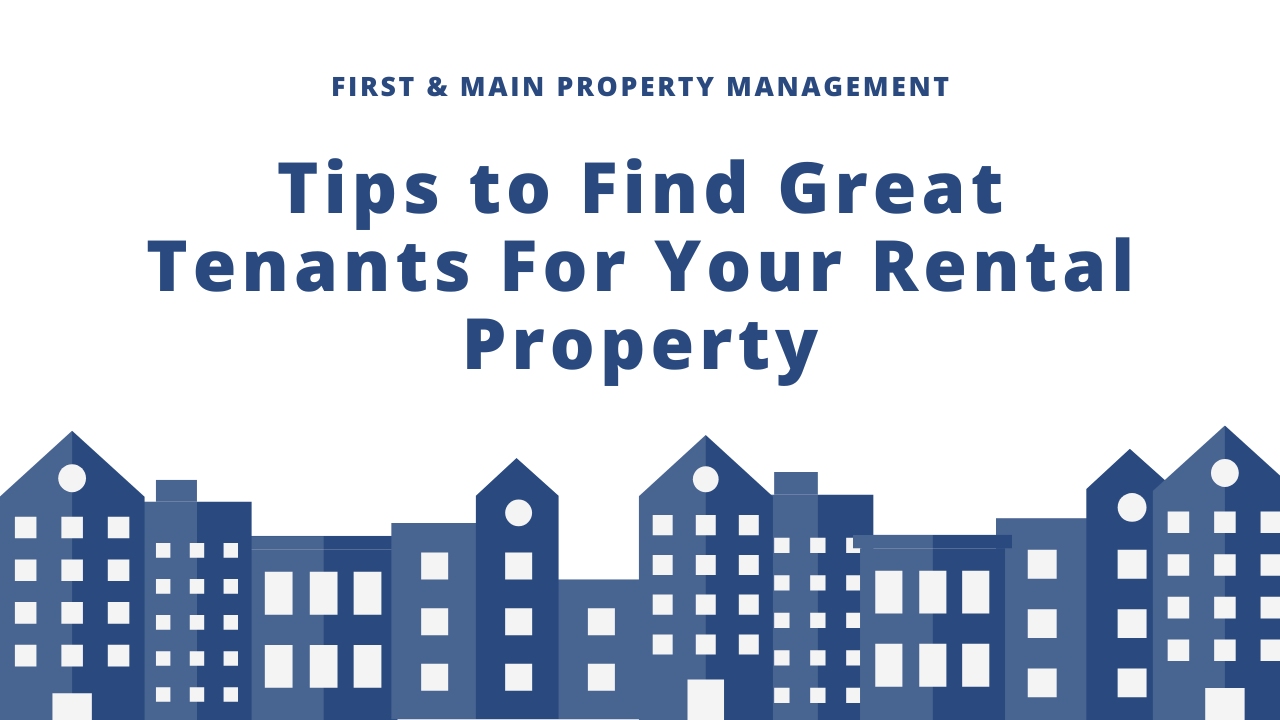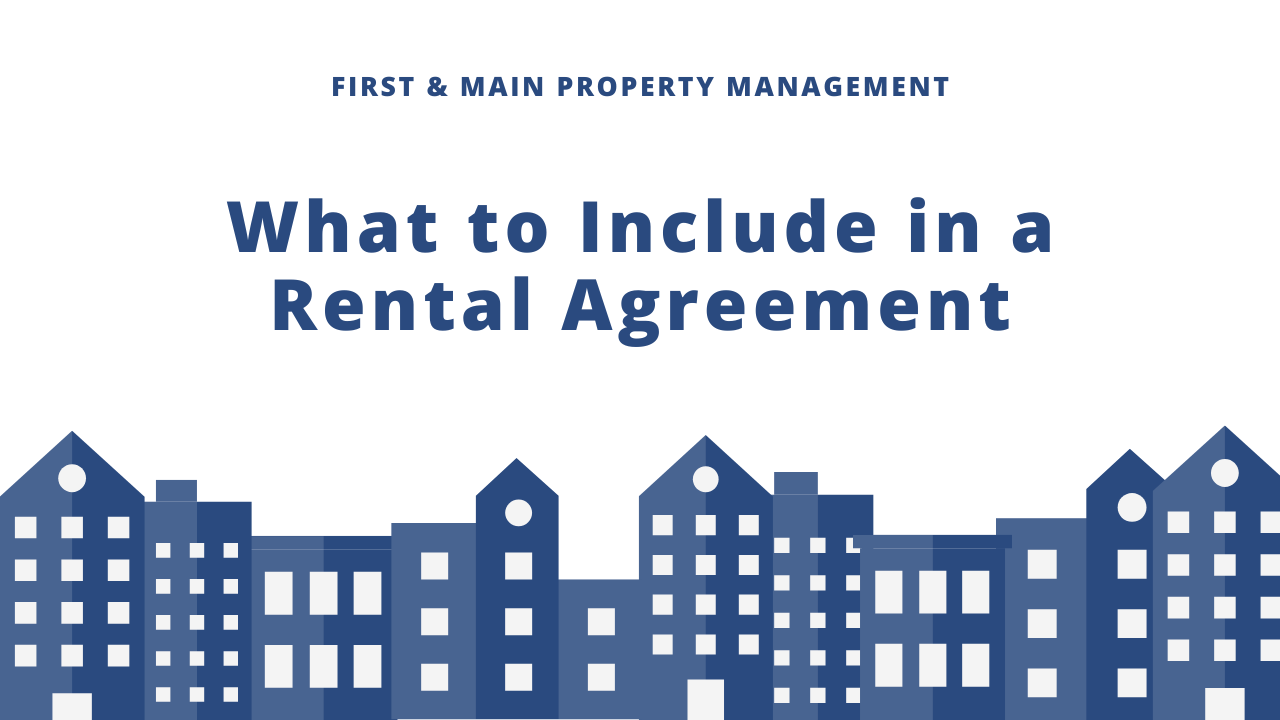How to Recognize and Avoid Rental Scams
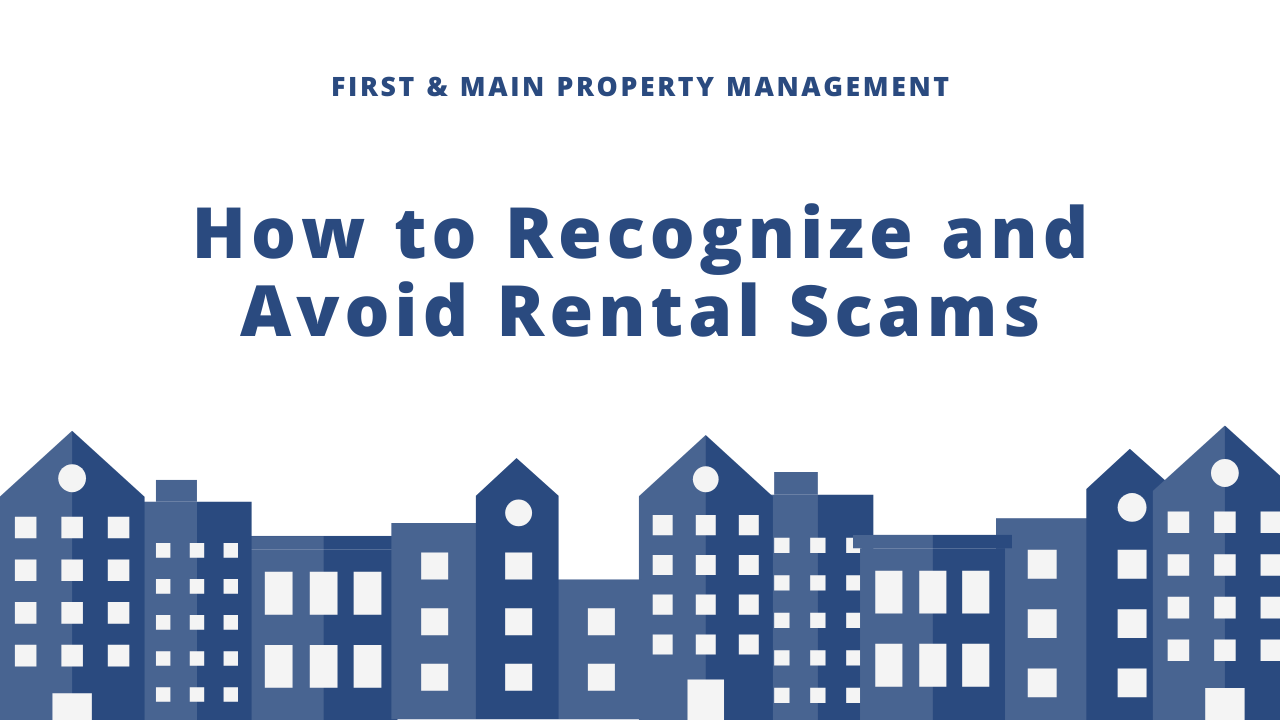
Key Takeaways
- Stay Vigilant: Regular tenant screening, secure payment methods, and routine property inspections are crucial in protecting your rental from scams.
- Know the Red Flags: Watch for signs like overpayment offers, refusal to complete background checks, or urgency to sign leases without viewing the property.
- Leverage Professional Help: Partnering with a property management company can reduce scam risks by offering comprehensive screening, legal compliance, and fraud prevention.
Ever wondered how vulnerable your rental property might be to scams? Rental fraud is an escalating problem for property owners, causing financial setbacks, legal complications, and tarnishing reputations.
Scammers are becoming increasingly sophisticated, using tactics like fake tenant applications and fraudulent lease agreements to trick landlords.
At First and Main Property Management, we understand the risks and emphasize the importance of staying vigilant.
Recognizing the warning signs and taking proactive measures is essential to safeguarding your property and investment.
Keep reading to learn more!
Common Rental Scams Targeting Property Owners
Here are some common rental scams:
Fake Tenant Applications
Scammers use stolen or fake identities on rental applications, along with fabricated pay stubs and references, to pass background checks.
After moving in, they may skip rent payments, damage property, or even illegally sublet the unit.
Overpayment Scams
A scammer posing as a tenant sends a check for more than the required rent or deposit, then asks for the excess amount to be refunded.
Later, the original check bounces, and the landlord is left covering the loss.
Unauthorized Subletting
A tenant may lease your property and then illegally sublet it at a higher price.
In some cases, scammers rent under fake identities, collect money from unsuspecting sub-tenants, and disappear, leaving you with unauthorized occupants.
Squatter Scams
Some individuals use fraudulent lease agreements to falsely claim tenancy rights.
Once they move in, they refuse to leave, forcing the property owner into lengthy legal proceedings to evict them.

Fake Rental Listings
Scammers copy your legitimate rental listing and post it on classified ad websites with their contact information.
When prospective tenants reach out, the scammer collects deposits or fees before disappearing.
This not only affects potential renters but also damages your reputation as a landlord.
Warning Signs of Rental Scams
Recognizing the red flags of a potential scam can prevent serious financial and legal complications.
Be wary of tenants who:
- Offer to pay more than the listed rent upfront.
- Refuse to complete a standard background check or provide valid identification.
- Show urgency to sign a lease without seeing the property.
- Ask to communicate only through email or text messages.
- Make excuses for delayed payments or ask for special payment arrangements.
- Provide incomplete or inconsistent information on their rental application.
Additionally, if you find your property listed on rental sites that you did not authorize, this may be a sign that your listing has been hijacked for fraudulent purposes.
Steps to Protect Your Rental Property
Conduct Thorough Tenant Screening
A detailed screening process helps filter out potential scammers. Always:
- Verify employment and income details.
- Conduct background and credit checks.
- Contact previous landlords to confirm rental history.
- Meet prospective tenants in person before finalizing the lease.
Use Legally Sound Lease Agreements
Ensure your lease agreements clearly outline the terms, restrictions on subletting, and consequences of falsifying information.
Have a real estate attorney review your lease to prevent legal loopholes that scammers may exploit.

Secure Your Rental Listings
To prevent fake listings, take the following precautions:
- Watermark listing photos with your contact information.
- Regularly check online rental platforms for duplicate or unauthorized postings.
- Use reputable listing sites that verify landlords before allowing posts.
Accept Secure Payment Methods
Avoid accepting wire transfers, gift cards, or money orders as forms of rent payment.
Instead, use verified online payment portals or bank transfers that provide a traceable transaction record.
Conduct Regular Property Inspections
Routine inspections help ensure that your tenants comply with lease terms and that no unauthorized subletting or fraudulent activities are occurring in your property.
The Role of a Professional Property Management Company
Hiring a professional property management company is one of the best ways to reduce rental scam risks. Here’s how they help:
Comprehensive Tenant Screening
They use advanced tools to spot falsified documents and high-risk applicants, reducing the chance of renting to scammers.
Secure Rent Collection
They ensure rent is collected through secure channels, minimizing fraud and non-payment.
Regular Property Inspections
Regular inspections verify that the tenant matches the lease and prevent unauthorized subletting.
Fraud Prevention and Legal Compliance
They stay updated on local rental laws and ensure lease agreements are legally sound.
Efficient Dispute and Eviction Handling
In case of a scam, property managers handle disputes and legal processes efficiently, reducing stress for landlords.
What to Do If You Fall Victim to a Rental Scam
Contact Local Law Enforcement
Report the scam to the police with all relevant documentation, like fake lease agreements and payment records.

File a Complaint with Consumer Protection Agencies
In the U.S., report the scam to the FTC or your state’s Attorney General’s Office.
Notify Online Platforms
Inform the website where the fake listing appeared, such as Zillow or Craigslist, to remove fraudulent ads.
Consult a Real Estate Attorney
If you’ve lost money or have a fraudulent tenant, an attorney can guide you through eviction and recovery options.
Secure Your Property and Accounts
Regain control of your property, change locks if necessary, and monitor your bank accounts for suspicious activity.
Learn and Implement Safeguards
Reinforce your tenant screening process, update lease agreements, and consider hiring a property manager to reduce future risks.
Conclusion
Rental scams pose a significant threat to property owners, but staying informed and taking proactive measures can drastically reduce your risk.
By carefully screening tenants, securing your listings, and partnering with a professional property management company, you can shield your investment from fraudsters.
As a landlord, vigilance is key. By adopting best practices in tenant screening, rent collection, and property oversight, you can keep your rental business secure and profitable.
If you notice suspicious activity, trust your instincts and act quickly to protect your assets.
Need help safeguarding your property? Contact First & Main Property Management today.
